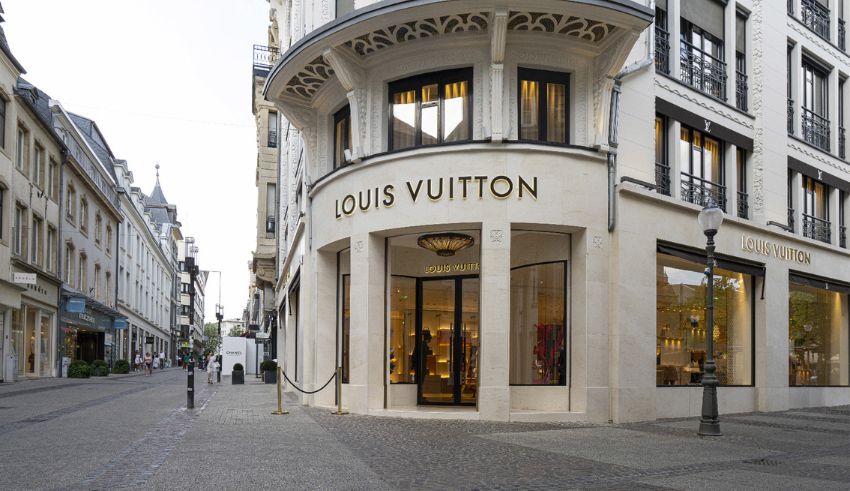
Europe’s luxury stocks, such as LVMH, Hermes, and Richemont, have been among the best performers in the region’s stock market, despite the slowdown of China’s economy, which is a key market for the sector.
According to the MSCI Europe luxury index, the sector has gained about 25% in 2023, outperforming the broader MSCI Europe index, which has risen by 15% in the same period.
The Secret of Europe’s Luxury Stocks
The secret of Europe’s luxury stocks lies in their ability to adapt and innovate in the face of changing consumer preferences and market conditions, especially in China. Some of the factors that have contributed to their success include:
- Diversifying their product portfolio and customer base, by offering a range of products and services that cater to different segments and occasions, such as high-end, mid-range, and affordable luxury, as well as online and offline channels.
- Investing in digital transformation and e-commerce, by enhancing their online presence and platforms, partnering with local e-commerce giants such as Alibaba and JD.com, and leveraging social media and influencers to reach and engage with younger and tech-savvy consumers.
- Embracing sustainability and social responsibility, by adopting more environmentally friendly and ethical practices, such as reducing carbon emissions, using renewable energy, and sourcing materials from certified suppliers, as well as supporting social causes and initiatives, such as education, health, and diversity.
- Maintaining their brand value and quality, by preserving their heritage and craftsmanship, investing in research and development, and ensuring the exclusivity and authenticity of their products, as well as by delivering excellent customer service and experience.
The Outlook of Europe’s Luxury Stocks
The outlook of Europe’s luxury stocks remains positive, as the sector is expected to benefit from the recovery and growth of the global economy, especially in China, where the demand for luxury goods is projected to increase by 10% in 2024, according to Bain & Company. The sector is also likely to continue to innovate and evolve, by exploring new markets and opportunities, such as emerging markets, new generations, and new categories, such as wellness, entertainment, and lifestyle.
However, the sector also faces some challenges and risks, such as:
- The impact of the COVID-19 pandemic, which has disrupted the supply chain, travel, and consumption patterns, and has increased the uncertainty and volatility of the market².
- The competition from new entrants and rivals, such as local and niche brands, fast-fashion and online retailers, and tech companies, who may offer more affordable, accessible, and personalized products and services.
- The regulation and taxation policies, such as the anti-monopoly and anti-corruption laws, the digital tax, and the luxury tax, which may affect the profitability and reputation of the sector.
Therefore, the sector will need to remain agile and resilient, and to balance the trade-offs between growth and profitability, innovation and tradition, and global and local, in order to sustain and enhance its performance and leadership in the market.






















